They abolish all restrictions - how?
Denmark, Sweden and the Netherlands are abolishing practically all measures in the fight against the pandemic.
Sunday, 19.09.2021.
15:25
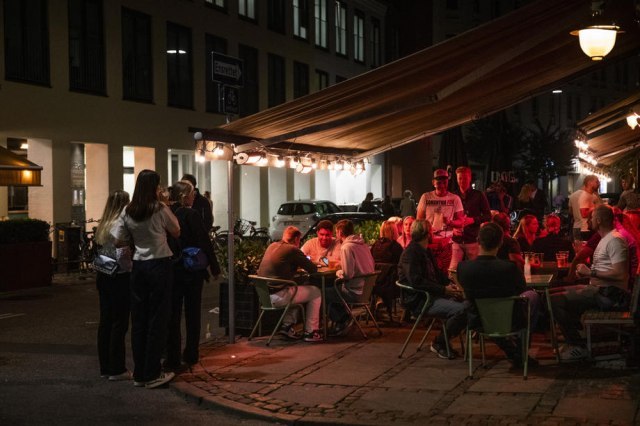
They abolish all restrictions - how?
Vaccination rates are relatively high in those three countries, but confidence in the government is also high. The hope is that freedoms will lead to even higher vaccination level.In some European countries, the "return to the old", that is, free life as before the pandemic, is no longer just a dream. Vaccinated citizens in the Netherlands will be able to dance in crowded nightclubs from Saturday (September 25) without having to keep the distance. Instead of measures, they will have to show a COVID pass.
Denmark lifted all restrictions last week, making it the first EU country to return to "normalcy". You don't need a mask or proof of vaccination to go to a concert or to the gym there. In late August, the health minister said the COVID was no longer considered a "socially critical disease".
These two countries are joined by Sweden, which already had the mildest measures during the pandemic. At the end of September, the restrictions on public and private gatherings will be lifted, as well as the recommendation to work from home. However, those who travel to these three countries still have to be tested and quarantined, if they have not been vaccinated.
Solid vaccination rate
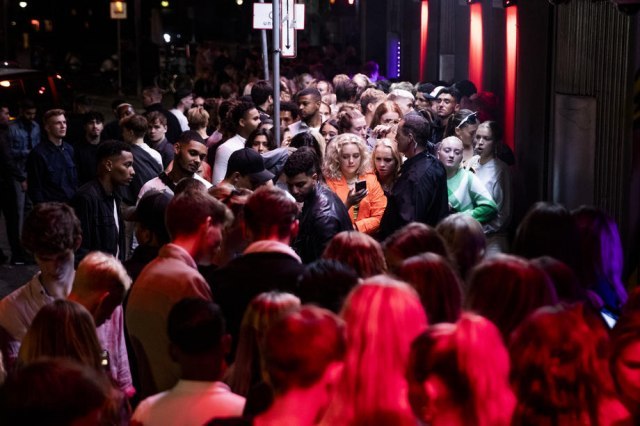
For the sake of comparison, the vaccination rate in Serbia is only about 42 percent. "Among the most vulnerable patients and citizens, more than nine out of ten have been vaccinated," said Allan Randrup Thomsen, a virologist at the University of Copenhagen.
In the Netherlands, Health Minister Hugo de Jonge believes that restoring previous freedoms - subject to vaccination - will motivate many more people to get vaccinated. The president of the association of general practitioners, Andreas Gassen, was looking for something similar in Germany. He called on the authorities to declare October 30 "Freedom Day", when all measures will be abolished. "I bet that at the end of October, we will exceed the vaccination rate of 70 percent, because many people will rush to accept that offer (abolition of measures)," Gassen said. His words were not very enthusiastic.
Data from the European Center for Infectious Diseases Control show that the delta variant of the coronavirus rages, especially in countries where the vaccination rate is low, but not only there. In Austria and Norway, the number of infections is growing, despite similar vaccination rates as in countries that are now lifting measures.
Trust is crucial
At the end of May, Denmark presented its COVID passport in the form of an application or a printed QR code. Elsewhere, such government plans have led to mass protests, such as in France, Italy and Greece.Experts find that there is a huge level of trust in government in Sweden, Denmark and the Netherlands, and that this makes a difference.
"We had a big testing program that allowed us to monitor the conditions locally, so we had local lockdowns that were very effective," says Camilla Holten Moeller, an epidemiologist at the State Serum Institute in Copenhagen. "We were able to do that simply because the Danes have historically had great confidence in health authorities and vaccination programs."
These countries are now looking at the number of hospitalizations, not the number of new infections. Because vaccinated people, when they become infected, usually pass with mild symptoms or no symptoms.
However, the abolition of all measures is a move that most European countries still do not dare introduce. Is the risk being neglected and maybe they are rushing into a new lockdown? To this, Holten Moeller tells us: "I do not believe that Denmark will reintroduce a national lockdown."











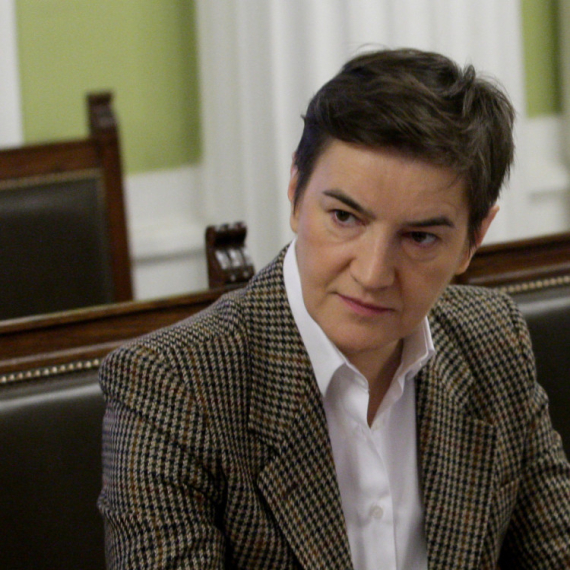

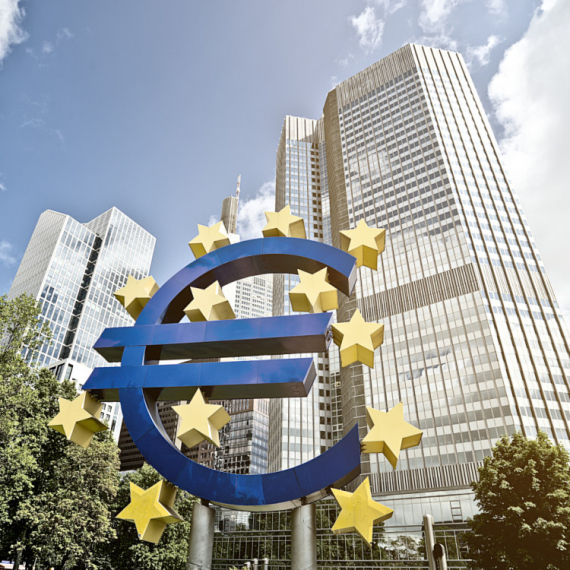





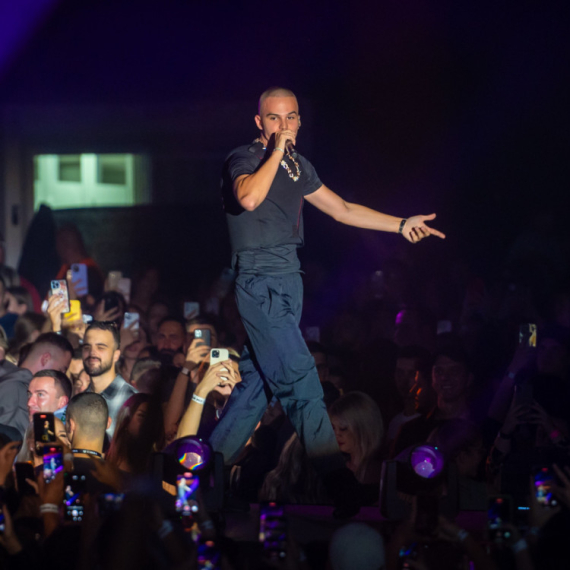






















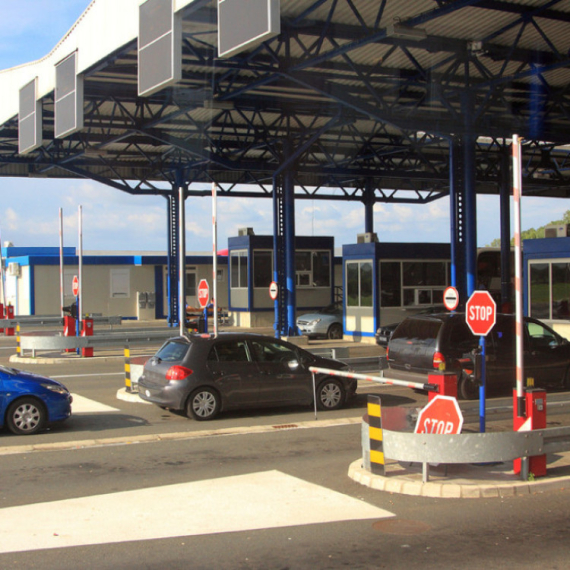
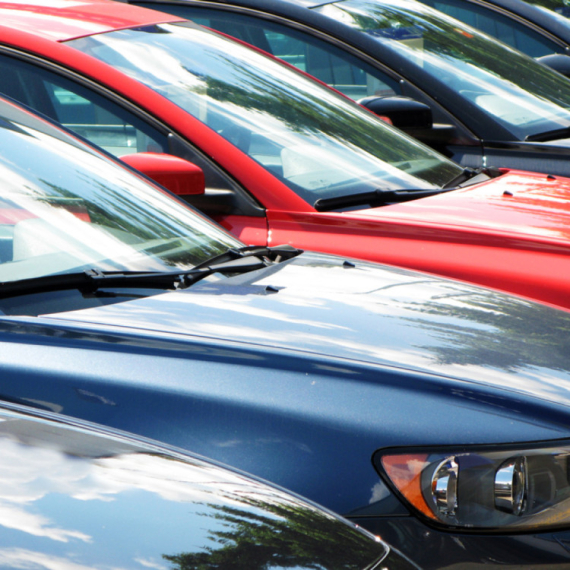


Komentari 1
Pogledaj komentare